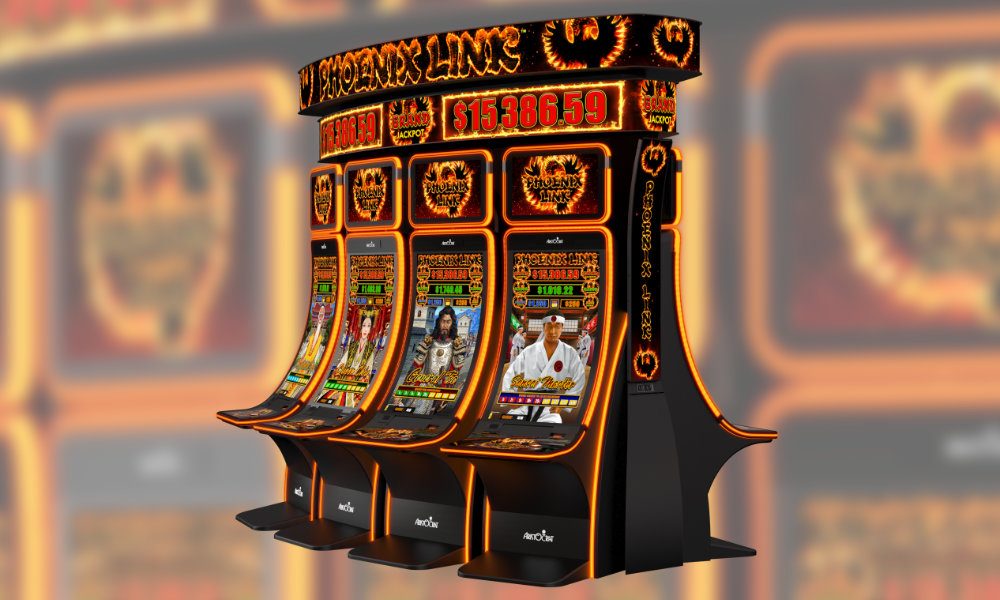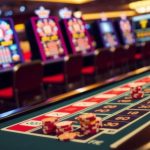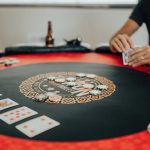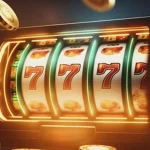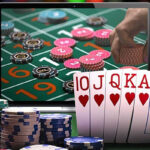What makes certain lottery number combinations more popular than others?
Lottery players show clear preferences when selecting their lucky numbers despite every combination having identical winning odds. These number selection patterns create fascinating insights into human psychology and cultural beliefs. https://www.axonbattery.com/ players stick to specific combinations, creating unusual jackpot splits when common sequences hit.
Birthday magic – player attachment to personal dates
Date-based selections dominate lottery tickets worldwide. Players gravitate toward numbers 1-31, corresponding to calendar days, emphasising birthdays, anniversaries, and other significant life events. This pattern creates a statistical imbalance in number distribution across millions of tickets.
- Overrepresentation of low numbers – The heavy concentration on numbers below 32 leaves higher numbers (33-59 in many lottery games) appearing less frequently on tickets
- Hot birthday dates – Numbers like 7, 11, and 25 show up more frequently due to their popularity as birth dates in certain months
- Anniversary clustering – Popular wedding months create spikes in specific number pairs like 6-14 (June 14) and 9-22 (September 22)
This birthday phenomenon explains why jackpots split among multiple winners often involve number combinations falling within the 1-31 range. Players choosing personal dates create number-selection bottlenecks that statistical randomness would never produce.
Pattern play favourites
The human brain excels at finding patterns, even creating them where none exist. This cognitive tendency directly affects lottery number selection. Straight-line patterns on play slips attract disproportionate attention. Vertical columns, horizontal rows, and diagonal arrangements appear on tickets far more frequently than random distribution would predict. Sequential numbers (like 5-6-7-8-9) and counting patterns (like 5-10-15-20-25) show extraordinary popularity despite offering no mathematical advantage. Players also gravitate toward geometric arrangements on physical play slips, creating visual patterns that feel meaningful but reflect the layout design of the ticket rather than any mathematical principle related to drawing probabilities.
Lucky number beliefs
Cultural and superstitious factors heavily influence number selection across different player demographics. These deeply held beliefs about luck create predictable selection patterns.
- Seven stands supreme – This number consistently ranks among the most-played digits in worldwide lotteries due to its lucky associations with Western cultures.
- Eight attracts Asian players – Its pronunciation resembles wealth-related words in some Asian languages, making it disproportionately popular.
- Thirteen avoidance creates gaps – Triskaidekaphobia (fear of thirteen) leads many players to skip this number, making thirteen-containing combinations less common.
Religious symbols and culturally significant numbers repeatedly appear in lottery data. Numbers matching critical religious texts, significant historical years, and spiritual meanings appear with startling regularity across millions of ticket purchases.
Previous winners syndrome
Past drawing results heavily influence future number selections despite the statistical independence of each lottery draw. This psychological tendency creates selection waves after every major drawing. Players frequently choose numbers from recent winning combinations, believing they’re “hot” or due for another appearance. Paradoxically, others avoid recently drawn numbers, thinking they won’t appear again soon. Both strategies reflect a misunderstanding of randomness but dramatically shape number popularity. Media coverage of jackpot winners amplifies this effect, with featured “lucky” combinations seeing immediate upticks in selection frequency. Numbers associated with widely publicized wins maintain popularity for months or years afterwards.
Lottery number selection reveals fascinating aspects of human nature. Our attraction to meaningful patterns and lucky symbols creates predictable selection biases across millions of tickets. While these preferences don’t affect winning odds, they fundamentally shape prize distribution when jackpots hit. Smart players recognize these tendencies and adjust their strategies accordingly, finding advantages not in odds manipulation but in understanding human patterns within seemingly random choices.

